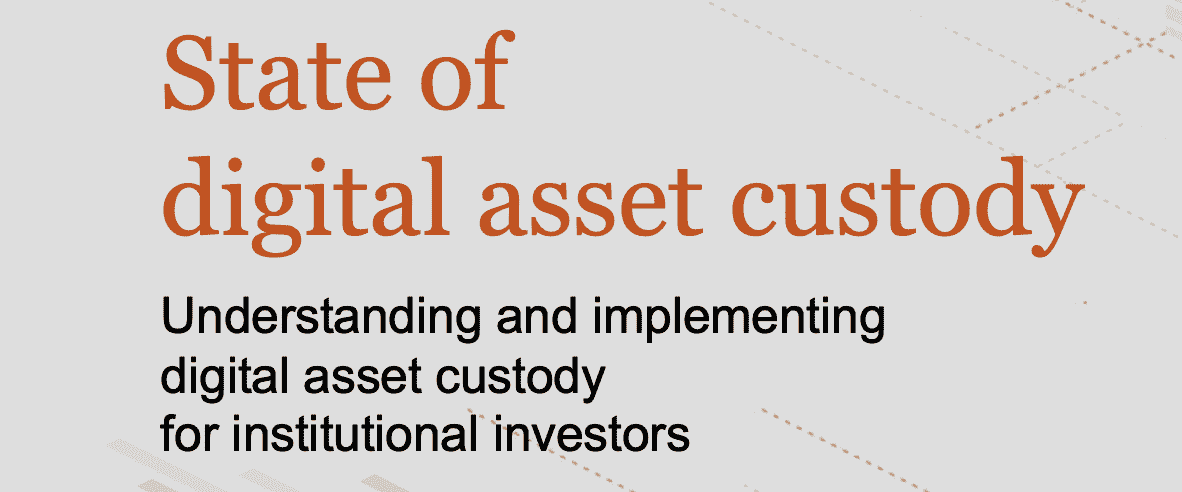24 U.S. companies and the U.S. Food and Drug Administration have completed a blockchain pilot in favor of using blockchain to track prescription drugs
According to foreign media news today, representatives of 25 leading pharmaceutical manufacturers, distributors, logistics partners and other companies in the pharmaceutical supply chain recently issued a report. The report said that after completing a pilot program with the US Food and Drug Administration (FDA), they favored the use of blockchain technology to track and trace prescription drugs.

Source: Pixabay
In early 2019, the FDA began accepting proposals aimed at assisting the agency in meeting projects required by the 2023 Drug Supply Chain and Safety Act (DSCSA)-a bill that requires the pharmaceutical industry to track "legal changes in ownership of drugs in the supply chain" . "
- Research: Over the past ten years, 24 crypto networks have processed more than 3.1 billion transactions and transferred funds of $ 4.6 trillion
- Crypto-friendly fintech company Revolut secures $ 500 million in funding, triples valuation to $ 5.5 billion
- Report: Strong demand in Asia Pacific region, hardware wallet market value to reach $ 500 million by 2024
In June 2019, the MediLedger project was approved by the FDA and is led by a working group of 25 major companies operating in the drug supply chain, designed to evaluate the blockchain-based MediLedger network as a tool for tracking and tracing prescription drugs in the United States.
MediLedger's members include multinational pharmaceutical giant Pfizer, drug wholesaler AmerisourceBergen, operator of Walgreens, the second largest pharmacy chain in the United States, multinational retail company Walmart, and express service company FedEx.
Without blockchain, U.S. drug supply chain could suffer losses
The report states that the Working Group believes that the lack of a "central point of data sharing" will cause U.S. pharmaceutical supplies to lag behind international competitors, as companies will struggle to "accurately and completely maintain in a wide range of partners, systems and technology formats data.
The document warns that if a major public health crisis occurs, it will be difficult for stakeholders and agents to locate and isolate suspicious products in a timely manner, which will endanger patients' lives, and blockchain can avoid these major risks.
Zero-knowledge proof for protecting confidential information
The MediLedger report states that the data privacy requirements of the pharmaceutical industry can be maintained by adopting zero-knowledge proof technology to ensure that while maintaining the invariance of the blockchain, business information that does not share confidential information is shared.
Although it claims that the pilot project proves that "blockchain has the ability to become the basic technology of interoperable systems in the pharmaceutical supply chain", the report states that this is a "complex solution" that needs to be stable for some time.
The report also states that the long-term success of interoperable blockchain solutions will depend on "strong participation and adoption by all industry stakeholders."
Participating companies evaluate MediLedger
The MediLedger project contains three core technologies: a private messaging system between customers and trading partners, a blockchain that immutably shares ledgers for transaction verification and smart contract execution, and zero knowledge that ensures strong privacy for messaging and transfer Prove technology.
Gene Vertech, vice president of channel and contract management at Genentech, asserts that the current pharmaceutical industry ’s peer-to-peer system infrastructure “lacks the ability to synchronize data throughout the healthcare supply chain. It will increase counterfeit, transfer or other illegal products. risk."
A representative of Genentech stated that the pilot "is a key milestone demonstrating that blockchain technology is a viable option to address the complexity of the interoperable operating system required to build DSCSA 2023."
Pfizer's Vice President of Digital Market Access and Revenue Management Solutions, Mack MacKenzie, expressed satisfaction with the results of the implementation of this pilot project, saying:
"I am encouraged by the industry's broad commitment to interoperable operating systems for DSCSA compliance. Imagine how we can jointly build transformative digital services that bring more value to patients based on our success."
We will continue to update Blocking; if you have any questions or suggestions, please contact us!
Was this article helpful?
93 out of 132 found this helpful
Related articles
- WikiLeaks has received 4,050 Bitcoin donations, Satoshi Nakamoto's concerns will reappear?
- Opinion: Limiting the digital euro will hurt European economies, cryptocurrencies and stablecoins are better long-term options than fiat currencies
- New Jersey introduces bill to regulate cryptocurrency at state level
- Interpretation | SEC, Telegram and Regulation 144
- Chinese digital currency vs. Swedish Krona: similar technology forks
- DeFi this year: There is not much time left for other public chains
- Daily trading volume of CME Bitcoin futures hits lows for the year, the market remains bullish






